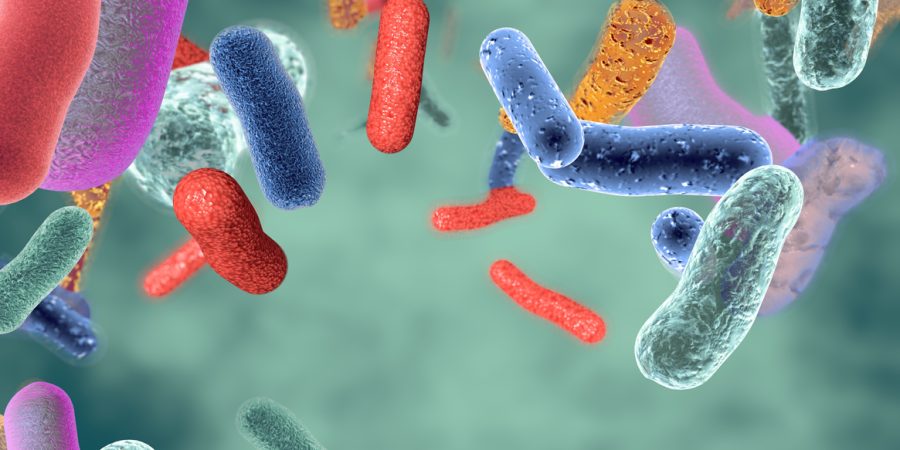Overview
Small Intestinal Bacterial Overgrowth (SIBO) is a gastrointestinal disorder due to an overgrowth of bacteria in the small intestine. Unlike the large colon, which should house a diverse and abundant bacterial community, the small intestine should contain very few bacterial species. The location of this bacterial overgrowth can interfere with digestion and absorption of food. Bacteria thrive on specific carbohydrates, exacerbating symptoms and interfering with fat soluble vitamins, iron and B12 absorption often leading to deficiencies. SIBO has association with intestinal mucosal injury, commonly known as leaky gut. We may also see histamine and allergic responses heightened due to SIBO inhibiting the enzyme DAO, essential for histamine degradation in the gut.
Symptoms
- Abdominal bloating (gas)
- Belching, flatulence
- Abdominal pain, cramps
- Dysregulated bowel habit: Constipation and/or Diarrhoea
- Heartburn (Reflux or GERD)
- Nausea
- Leaky Gut Symptoms
- Food Sensitivities
- Headaches
- Joint Pain
- Fatigue
- Skin symptoms (such as eczema or rashes)
- Respiratory symptoms (such as asthma)
- Mood symptoms (such as depression)
- Brain symptoms (such as Autism)
- Steatorrhea (fatty stools)
- Anaemia (Iron or B12)
- Weight Loss
Associated Conditions
SIBO has an association with many conditions, either as an underlying contributing factor to that disorder or due to development of a co-existing condition. It’s rarely a condition on its own. My role is to unravel your unique antecedent(s), trigger(s) and mediator(s).
Co-existing conditions include:
- Acne Rosacea
- Alcohol Consumption (moderate intake)
- Anaemia
- Celiac Disease
- Chronic Fatigue Syndrome (CFS)
- Diverticulitis
- Dyspepsia
- Ehlers Danloss Syndrome (EDS)
- Fibromyalgia
- Fatty Liver Disease
- Gallstones
- Gastroparesis
- GERD (Gastroesophageal Reflux Disease)
- Histamine Intolerance
- H pylori Infection
- Hypochlorhydria (Low Stomach Acid)
- Hypothyroid/ Hashimoto’s Thyroiditis
- IBD (Inflammatory Bowel Disease)
- Crohn’s
- Ulcerative Colitis
- IBS (irritable bowel syndrome)
- Interstitial Cystitis
- Lactose Intolerance
- Leaky Gut
- Medications: Proton Pump Inhibitors, Opiates, NSAIDS
- Pancreatitis
- Parasites
- Restless Leg Syndrome
- Rheumatoid Arthritis
What Encourages SIBO?
- Low Stomach Acid – Use of PPIs, Zantac/Ranitidine Acid Blockers
- Regular use of NSAIDs
- Regular use of antibiotics
- Stress
- Constipation
- Altered Bile flow
- Gastroenteritis
- Food Poisoning
- Migrating Motor Complex Dysfunction (small intestinal cleansing wave)
- IBD – Colitis, Crohn’s
- Reduced Vagul Nerve Tone
How do I know if I have SIBO? Functional Tests
The most used test to identify SIBO is the 3-hour SIBO Breath Test. I currently favour the 3-hour lactulose test, having good results with this method.
This non-invasive test can be completed in the comfort of your own home. It requires following a 24-48 prep diet in advance of the test. The duration of the prep diet is dependent on symptoms and discussed during your consultation.
The test requires ingestion of lactulose (or glucose) diluted in water followed by the collection of breath samples every 20 minutes for 3 hours.
The type of gas found in your breath will reveal if you have bacteria residing in the small intestine where it shouldn’t be. The test not only identifies gas levels, but also which gas is being produced, hydrogen or methane. In some cases, we may identify a third gas, hydrogen sulphide. This information guides my recommendations and tailored intervention to resolve your SIBO and gastric symptoms.
Intervention Consideration
SIBO can be notoriously stubborn but with professional guidance and tailored intervention it is possible to improve symptoms and even eradicate. I work with SIBO regularly, I understand its complexity and fully appreciate the commitment my clients show to better their health and clear this bacterial overgrowth. Dietary modification is mandatory but in isolation not enough to eradicate SIBO. The use of tailored antimicrobials and supportive supplements coupled with diet and lifestyle is imperative.




